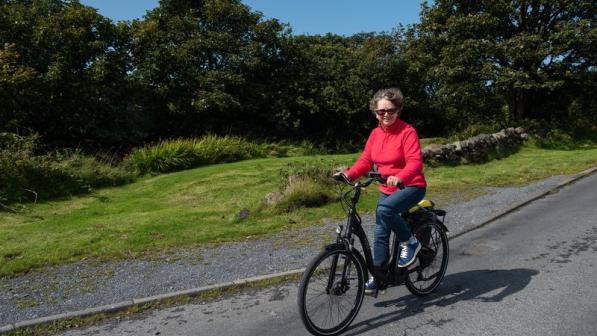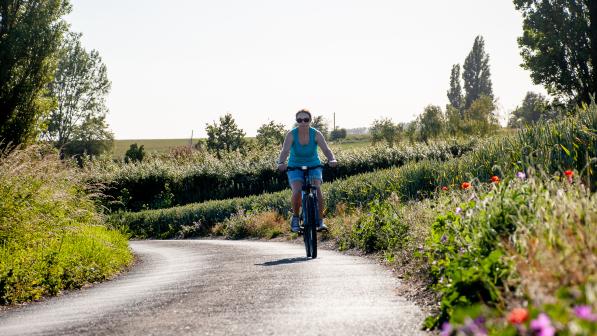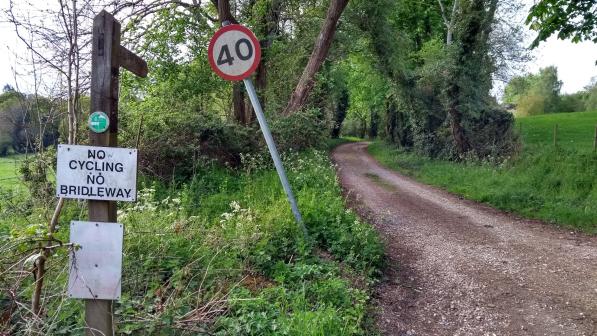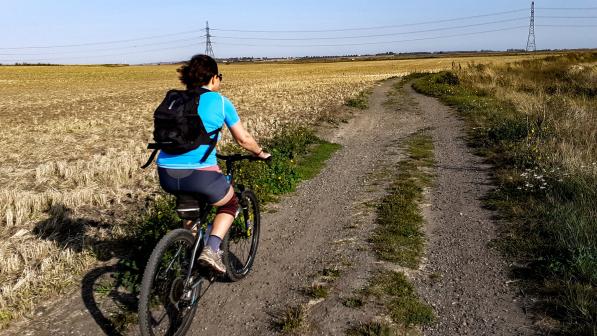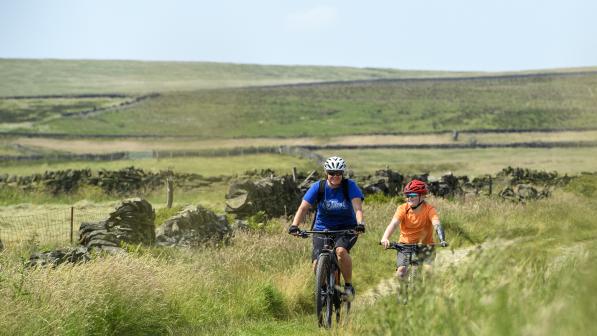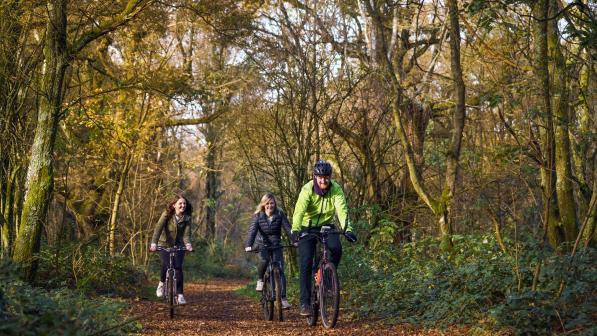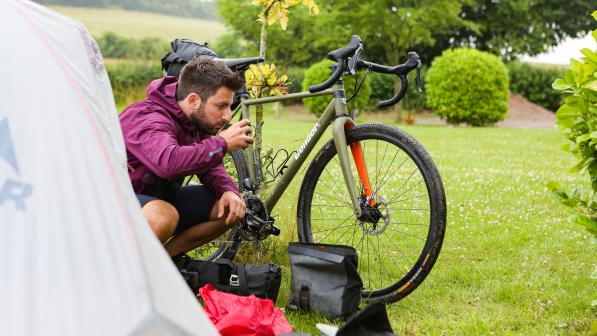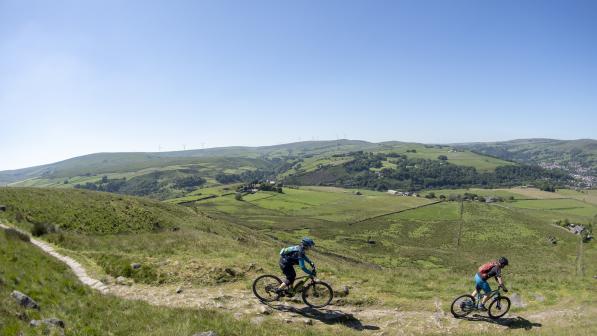Councils urged not to forget rural cycling

Cycling UK today (Monday, 23 November) has launched a new online tool, called “Missing Links” to make sure rural communities don’t miss out on the cycling surge.
Using this tool, Cycling UK is asking the public to identify missing links such as suitable footpaths for cycling, disused railway lines that could form traffic-free connections between towns and villages or boggy routes which could be made useable all year round.
By identifying these so called “missing links”, the charity aims to inform local authorities where future improvements could be made to create joined up traffic-free trails.
Close to 80% of the Rights of Way network in England is denied to people choosing to explore the countryside by bike. However, given a footpath or bridleway (where cyclists have had a legal right to ride since 1968) are designated due to historic use rather than their actual suitability, the charity says many of these tracks could be safely opened up for cycling.
Sophie Gordon, Cycling UK’s off-road campaigns officer said:
“Lockdown has highlighted to all of us how much we value being able to go outside and explore – to get a breath of fresh air, listen to the birds and get some exercise. Yet so often if you choose to do so on a bike you can come unstuck at the first hurdle – there are no traffic free routes you’re allowed to ride on. This needs to change.”
The surge in cycling has largely focussed on towns and cities, with rural opportunities frequently being overlooked. Many rural traffic-free routes don’t join up...but there is so much we could do to change this
Sophie Gordon, Cycling UK
With many of the public rethinking their travel habits, and the Government encouraging more people to cycle, Cycling UK wants to see local authorities also improve rural, as well as urban, cycling opportunities.
Sophie Gordon said:
“The surge in cycling has largely focussed on towns and cities, with rural opportunities frequently being overlooked. Many rural traffic-free routes don’t join up, requiring riding on stretches of busy road. Having to cycle with fast moving traffic can be intimidating, especially for those who are less confident or new to cycling.
“But there is so much we could do to change this. From upgrading existing rights of way, rejuvenating disused railway lines or introducing traffic calming on some rural lanes, it is possible to create networks of traffic-free trails which everyone can enjoy and use.
“By identifying where these improvements can be made, we’re creating the blueprint for local authorities to shape their future planning. It’s an opportunity for councils to build back better – but they need the public’s help.”
The online tool, using Ordnance Survey mapping, enables the user to identify stretches of trail and make suggestions on how it could be improved. They will then have the opportunity to contact their local rights of way improvement officer to tell them about their missing link routes and ask if these suggestions can be included in future planning.
Cycling UK is also encouraging the public to become more involved in helping their council to look after rights of way, by joining their Local Access Forum or a cycling advocacy group, promoting responsible access or volunteering to maintain paths.
The tool and further information on Cycling UK’s campaigns is available on our off-road cycling: missing links page.
Notes to editors
Cycling UK, the national cycling charity, inspires and helps people to cycle and keep cycling, whatever kind of cycling they do or would like to do. Over a century’s experience tells us that cycling is more than useful transport; it makes you feel good, gives you a sense of freedom and creates a better environment for everyone. www.cyclinguk.org
For more information on Cycling UK’s Missing Links campaign visit: www.cyclinguk.org/missinglinks
To take part in the action visit: https://action.cyclinguk.org/page/68755/action/1?ea.tracking.id=PR
Press contact information
For more information, please contact the national Cycling UK press office. Due to the restrictions caused by the coronavirus outbreak, currently the main press office number (01483 238 315) is not being monitored. If you would like to speak to a member of the press office during working hours (0900 - 1700) please email [email protected] or call 07786 320 713.
